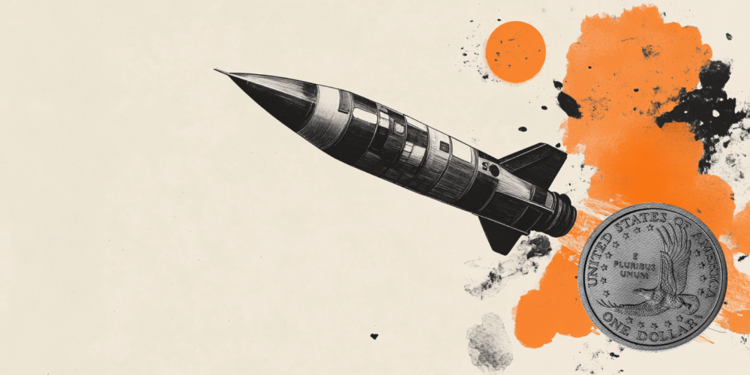You human papillomaviruses (HPVs) HPV are viruses that can cause some types of cancer, as well as warts on the skin and genitals. Epidemiological studies indicate that approximately 80% of the sexually active population will be infected with some type of HPV at some point in their lives, making it one of the most common sexually transmitted pathogens.
Infection by HPV is particularly prevalent among adolescents and young adults what increases the importance of vaccination in this age group . Persistent infection with certain types of HPV is directly linked to the development of precursor lesions and cancers in various parts of the body.
Among the HPV types, HPV 16 and HPV 18 are responsible for most cases of cervical cancer. In addition to cervical cancer, HPV is associated with other types of cancer, including anal cancer, oropharyngeal cancer, penile cancer, and vulvar cancer. These cancers usually develop many years after the first infection.
A cost-effectiveness study in the United States suggested that vaccinating the entire population of 12-year-old girls in that country could prevent more than 200,000 HPV infections, 100,000 abnormal cervical cytology tests, and 3,300 cases of cervical cancer annually.
In Brazil, a master’s study carried out at the Federal University of Bahia (UFBA) demonstrated that introduction of the vaccine could reduce the risk of death from cervical cancer by 76.18% preventing 12,072 deaths from this disease, at an average cost of US$ 633,559.32 (approximately R$ 3.5 million) per death prevented.
According to the Ministry of Health, the HPV vaccine is recommended for boys and girls aged 9 to 14, and is contraindicated for pregnant women.
Early vaccination is essential to ensure maximum protection against the most dangerous types of HPV, and is most effective when administered before the start of sexual activity, as this allows the immune system to develop a robust response to the virus.
Benefits include not only reduced cancer risk but also decreased burden of HPV-related diseases such as genital warts.
According to the manual of the Reference Centers for Special Immunobiologicals (Crie), some special cases should also receive vaccination against HPV.
These cases include people aged 9 to 45 with:
- active oncological disease or until medical discharge;
- primary immunodeficiency or inborn error of immunity;
- using immunosuppressive drugs;
- living with HIV/AIDS; and
- solid organ or hematopoietic stem cell transplant recipients (HSCT).
Despite the clear benefits, the implementation of HPV vaccination faces significant challenges. Social, cultural and economic barriers, as well as lack of awareness about the importance of the vaccine and misinformation, hinder uptake.
Many communities still resist vaccination for ideological reasons and myths related to its safety and efficacy.
Scientific evidence accumulated in recent years demonstrates the high efficacy of HPV vaccines in reducing the incidence of infections and precursor lesions associated with the virus.
Studies show that countries that have implemented large-scale vaccination campaigns have seen significant declines in cervical cancer rates. This highlights the importance of investing in public health programs that promote vaccination as a central strategy for cancer prevention.
Vaccination against HPV is a powerful tool in the fight against HPV-associated cancers, with direct public health benefits. Promoting vaccination programs, overcoming barriers and raising awareness are key to ensuring more people have access to this vital prevention.
Thus, the vaccine represents real hope in eradicating cancers caused by HPV, establishing a healthier path for future generations.
*Text written by Grazielle Morais Tavares, oncologist (CRM SP 173.499)
Source: CNN Brasil
I am an experienced journalist and writer with a career in the news industry. My focus is on covering Top News stories for World Stock Market, where I provide comprehensive analysis and commentary on markets around the world. I have expertise in writing both long-form articles and shorter pieces that deliver timely, relevant updates to readers.





